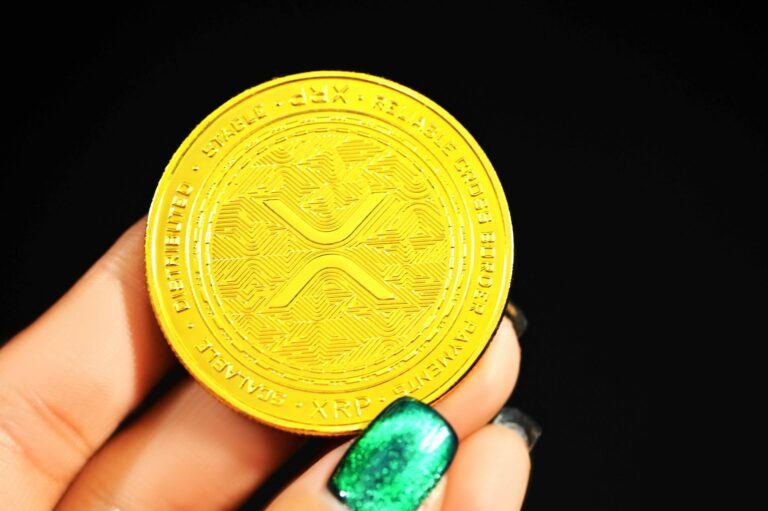On November 8, John Deaton, a prominent, highly-respected attorney closely monitoring the U.S. SEC’s lawsuit against FinTech firm Ripple, publicly shared the evolution of his cryptocurrency portfolio over the past three years, revealing a notable shift towards a stronger position in XRP compared to Ethereum (ETH).
Deaton, Managing Partner of Deaton Law Firm, is the founder of CryptoLaw, a website focusing on U.S. legal and regulatory developments for digital asset holders, and the host of the YouTube channel CryptoLaw.
Yesterday, through a series of social media posts on social media platform X, Deaton explained that back in January 2021, shortly after the U.S. SEC started its lawsuit against Ripple Labs and two of its executives, is crypto holdings were primarily in Bitcoin (BTC), Ethereum (ETH), and XRP, with a significant lean towards BTC.
Reflecting on his investment choices, Deaton revealed that, at one point, his BTC holdings were tenfold that of XRP, and he owned three to four times more ETH than XRP. However, as he engaged more deeply in the legal fight against the SEC, his conviction in XRP’s potential led him to increase his stake in the digital asset significantly. Deaton described this investment strategy as heart-driven, especially as he felt aligned with the broader XRP community against what he termed the “bad guys.”
Deaton also pondered the current sentiment towards the three major cryptocurrencies, questioning whether Bitcoin remains the best store of value, Ethereum the best infrastructure play, and XRP the best payment system. He expressed a strong belief in Bitcoin’s enduring value, predicting its market cap could eventually exceed that of gold, potentially reaching over $500,000 per coin.
Highlighting XRP’s role in cross-border payments, Deaton cited substantial figures from the sector, noting that in 2022, cross-border payments to businesses hit $2.8 trillion, with business-to-business payments surpassing $150 trillion. With the market expected to expand to $290 trillion by 2030, Deaton remains bullish on XRP’s long-term presence and appreciating value, albeit not to the “moonshot” prices some predict.
The lawyer also scrutinized Ethereum’s position, considering the competitive landscape with emerging platforms like Solana (SOL), Cardano (ADA), and Avalanche (AVAX). He discussed Ethereum’s “regulatory advantage” or “free pass,” which he believes granted it a monopolistic edge during a critical growth phase. Deaton highlighted comments from Ethereum co-founder Joseph Lubin and investor Mike Novogratz, acknowledging this advantage.
Deaton concluded his thread by addressing the ethical implications of such a regulatory advantage, criticizing Lubin for his public praise of the SEC’s approach to crypto regulation while simultaneously condemning other projects for practices similar to those of Ethereum’s early days. He urged a closer examination of the changes made to former SEC official William Hinman’s speech on Ethereum’s decentralization after Hinman’s meeting with Ethereum co-founder Vitalik Buterin, suggesting that the meeting may have influenced the SEC’s stance on Ethereum’s regulatory treatment.
Featured Image via Unsplash









